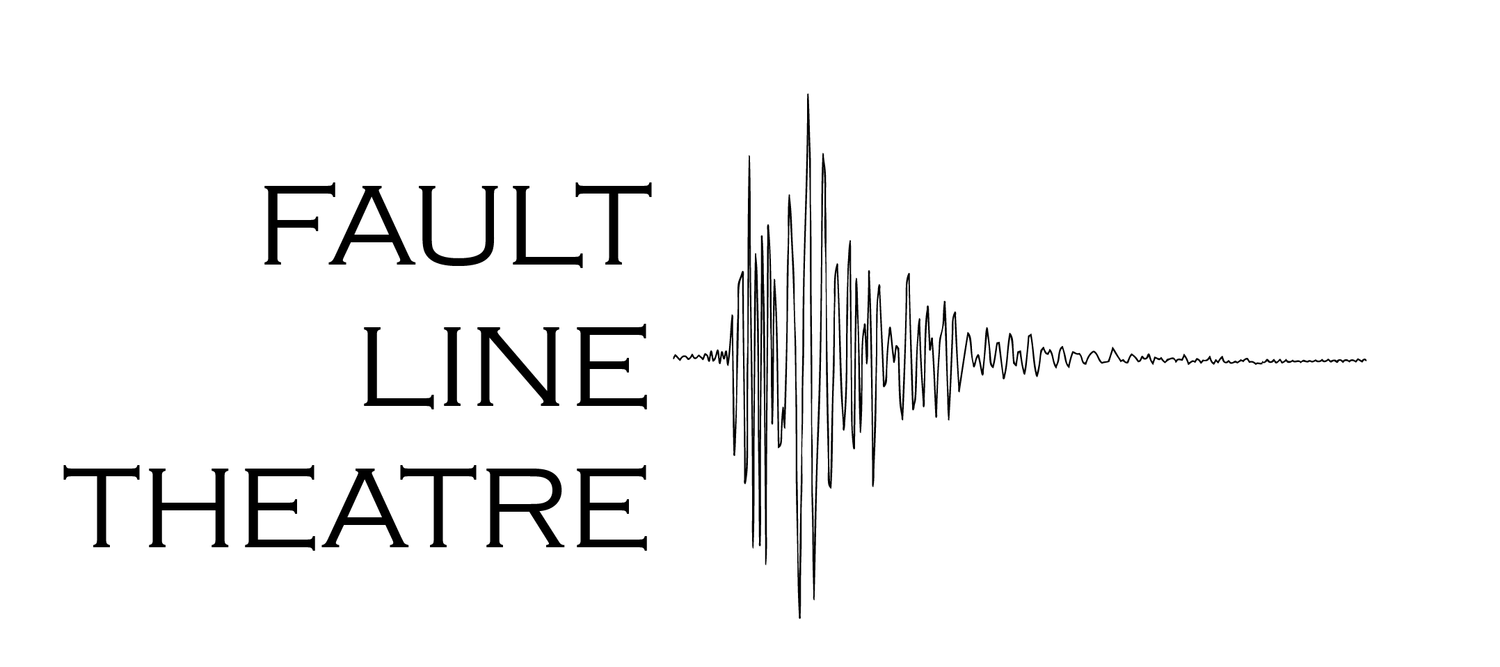From White Plains received an excellent review from Cory Conley today on NYTheatre.com!
The horrific scourge of suicides by so many young victims of anti-gay bullying has all the elements of cracking drama: stakes as high as life and death, a multi-layered clash of societal values, a trove of compelling stories, and a moral clarity that few theatrical topics can touch. But even if you throw all those into a pot and stir them around, you’re unlikely to come up with something quite as extraordinary as From White Plains, the new play from Fault Line Theater.
This gripping and full-blooded drama, conceived and directed by Michael Perlman, is so full of insight about prejudice, empathy, and the limits of forgiveness that it ought to be required viewing for anyone touched by, or concerned about, this mournful epidemic. But actually, that’s not its greatest achievement. From White Plains also happens to be as skillfully written, performed, and produced a piece of theater as any you’re likely to see for a while.
The action starts with Dennis Sullivan, who wins an Academy Award for his film “White Plains,” about a gay teenager who takes his life after an unbearable load of bullying by classmates. In his acceptance speech, Dennis dedicates the film to his lost friend Mitchell, whose own suicide fifteen years ago inspired the story. He also drops the name of Mitchell’s most relentless high school tormentor, Ethan Rice. And it is the grown-up Ethan, watching from a couch while his name is held up as a symbol of intolerance in front of the entire world, who opens the play.
Startled and confused, Ethan decides to post a video on the internet, apologizing for his past conduct. Dennis responds with a video of his own, in which he pointedly declines to accept the apology and then heats up the rhetoric by referring to Ethan as a “person, for lack of a better word.” As the videos multiply, and tempers get hotter, personal troubles soon plague both men—for Ethan, a fallout with his best friend John and his offstage fiancée; for Dennis, strained relations with his boyfriend Greg.
I probably shouldn’t say much more about what happens on stage, especially given that the evening is packed with surprises. One of the many virtues of Perlman’s script is that it unfolds with edge-of-your-seat suspense, and that it does so without sacrificing plausibility. (The only scene that feels even somewhat contrived—a chance encounter on the subway—is probably unavoidable in a play with only four characters.) Your sympathies will shift several times, sometimes in the space of a single scene, and that’s not just because of the winding plot, but because everyone here is drawn in three dimensions. Perlman and his team have not prepared an angry, one-sided screed against bigotry in which good triumphs over bad. Their intention is not to condemn the ignorant or flatter the enlightened, but to probe the complex attitudes of its characters. And the results are not exactly predictable.
There’s a strong case to be made, for instance, that Dennis is the least appealing of the group, with his righteous indignation and refusal to contemplate the humanity of his opponents. “It is better now,” insists Greg, referring to the increased acceptance of homosexuality among teens. “It just is.” But Dennis will have none of it: his friend is dead, Ethan’s apologies are insincere, and in any case, if everything’s so great, why won’t Greg come out to his parents?
The same holds true for Ethan’s story. It’s not that we’re supposed to feel sorry for the man who bullied a defenseless kid into suicide. But as his suddenly-public life begins to crumble, and his relationships evaporate, you might start to wonder: how much retribution is enough?
Each member of the all-male ensemble inhabits his role with such completion that you may forget you’re watching a play, and think you’ve stumbled into the living rooms and bars where it takes place. (According to press notes, Perlman assembled the script in collaboration with the cast, who based it partly on their own histories.) If there’s a standout, it’s Jimmy King, who, as Greg, is blessed with the play’s most accessible part and executes it with sensitivity and grace, most visibly in a fine monologue about confronting a gang of black teenagers.
In the end, what makes From White Plains essential viewing is simple: they’ve taken it seriously. There are no fancy theater tricks here, no ironic distancing, no tidy resolutions to assure us everything will turn out all right. What’s left are human souls confronting a human problem, and it is the gift of theater that we get to watch it right in front of us.
